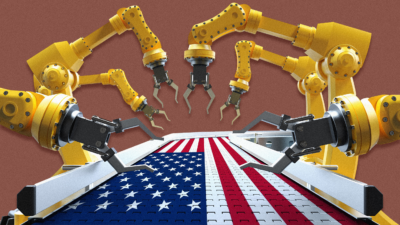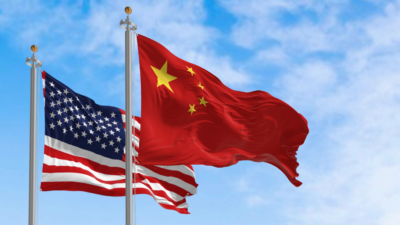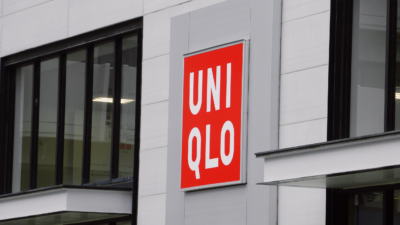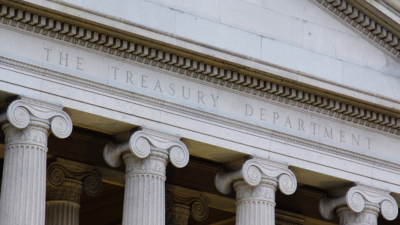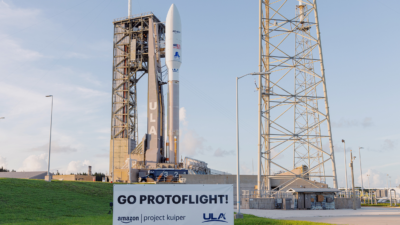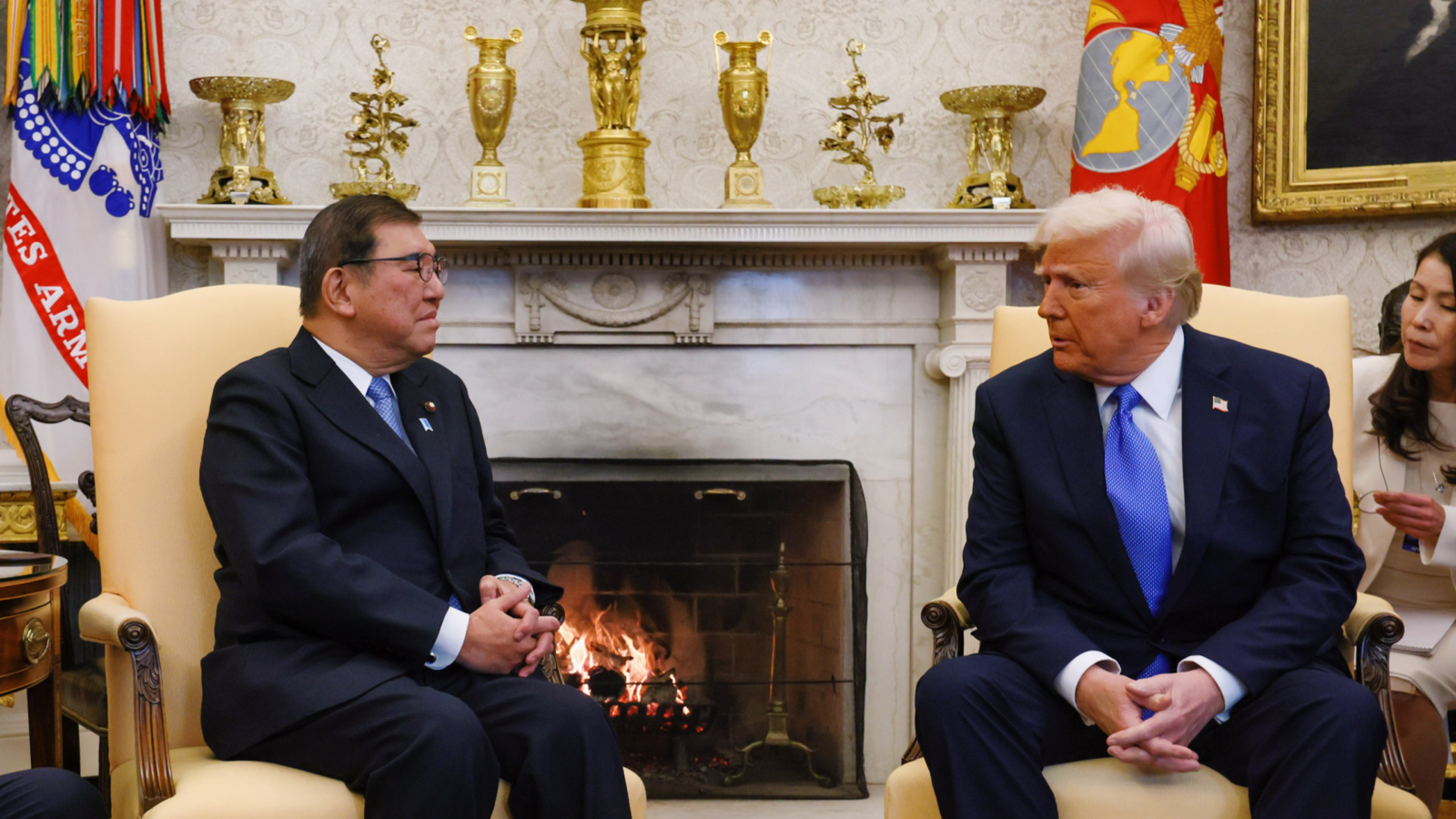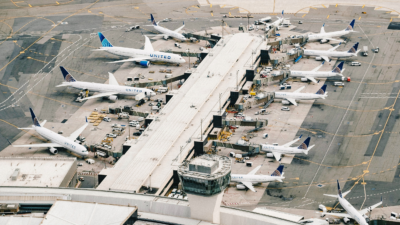Trump Tariffs Poised to Hinder Liftoff of Boeing’s Turnaround Effort
The embattled aviation giant announced last week that it had sustained its best production levels in two years.
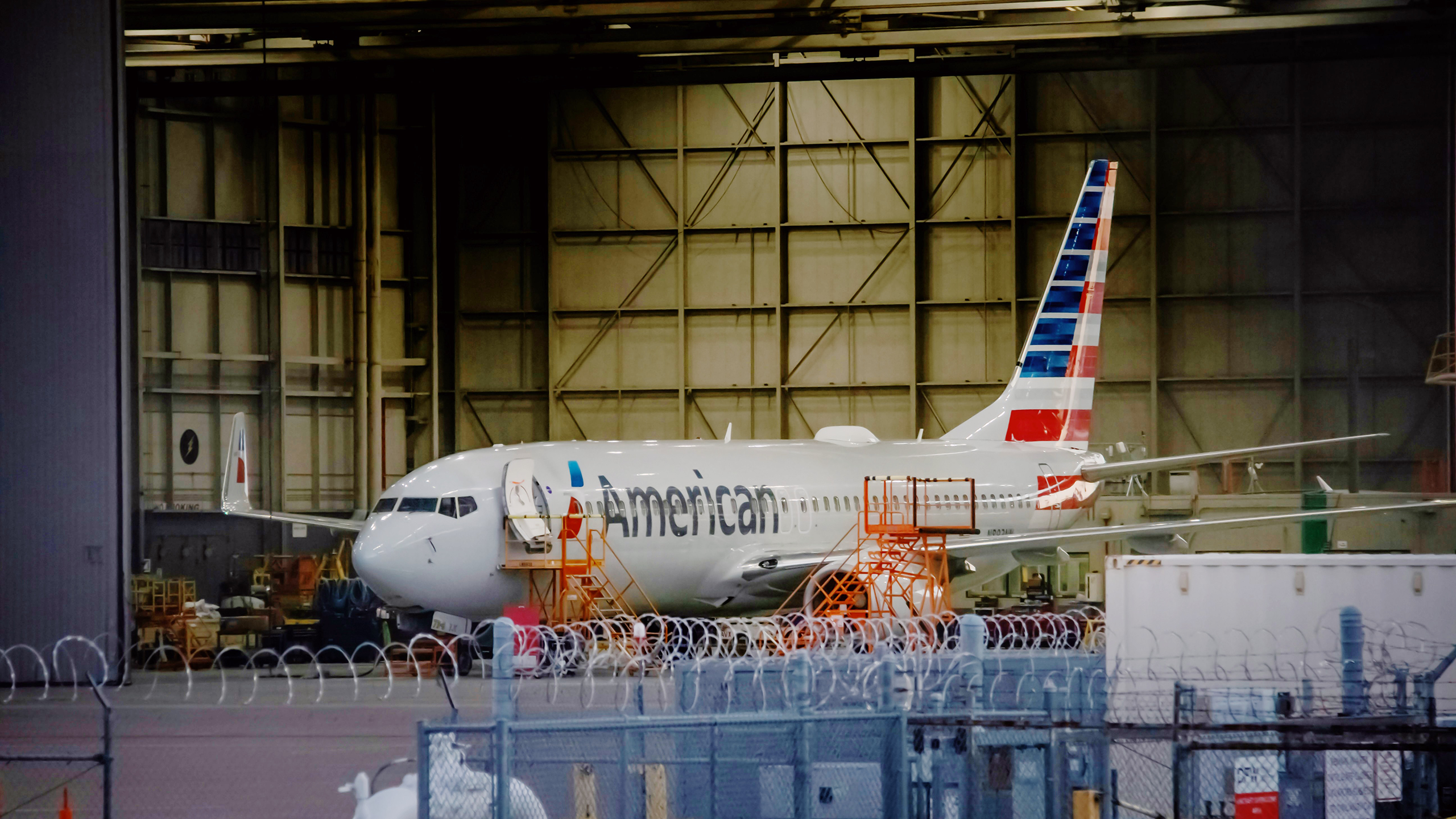
Sign up for smart news, insights, and analysis on the biggest financial stories of the day.
Timing is incredibly important in flying, and Boeing’s is both on the money and off schedule.
The embattled aviation giant announced last week that it had sustained its best production levels in two years, following a run of scandals that left it hemorrhaging billions of dollars. Then a trade war showed up that could hand a major advantage to its chief rival.
Trading Aerospaces
In recent years, Boeing had churned out a royal palace’s worth of scandals, most tragically the deadly crashes of 737 Max 8 jets in 2018 and 2019. Among the too-many incidents to name from last year were a 737 Max 9 losing a door plug in mid-flight, a wheel falling off a plane after takeoff near San Francisco, and a 737’s engine catching fire in mid-air above Texas.
Multiple whistleblower allegations alleging substandard safety practices rocked the company’s reputation, and an FAA audit found “multiple instances” where Boeing and supplier Spirit Aerosystems “allegedly failed to comply with manufacturing quality control requirements” in relation to the door-plug incident. In August 2024, Kelly Ortberg became the planemaker’s third CEO in five years and walked right into a machinist strike that shut down much of the company’s operations for seven weeks. Boeing lost almost $1 billion a month in 2024.
So even as it reported a $3.86 billion loss in the fourth quarter last Tuesday, Boeing’s stock jumped 6% because executives said it delivered 44 aircraft in February, up from 27 in the same month a year ago. That was essentially even with January’s 45 deliveries, which were the best since 2023. After years in the wilderness, visions of a long overdue turnaround were here. And then the trade war began:
- President Trump announced 25% tariffs on all imports of steel and aluminum, important materials for aircraft production and thus likely increasing costs for Boeing which is still, by the by, hemorrhaging money. Lundquist Group Managing Director Jerrold Lundquist, who studies the aerospace business, wrote that Boeing is the largest single US importer and that a Boeing 737 alone has roughly 2,000 parts that come from 700 suppliers. Canada exports 80% of its aerospace products and 56% of those go to the US, he noted.
- AerCap CEO Aengus Kelly, who leads the world’s largest aircraft-leasing company, told CNBC that in a worst-case scenario where the US and Europe implement 25% blanket retaliatory tariffs against one another, a Boeing 787’s cost would increase by $40 million. “No one’s going to want to pay that,” he said, adding that it would allow the company’s chief rival, Airbus, to claim 75% to 80% of the global market.
Pole Position: Airbus, which unlike Boeing has not been hampered by a series of production stops and starts by regulators as well as a strike, has booked 65 net orders this year compared with Boeing’s 41.


